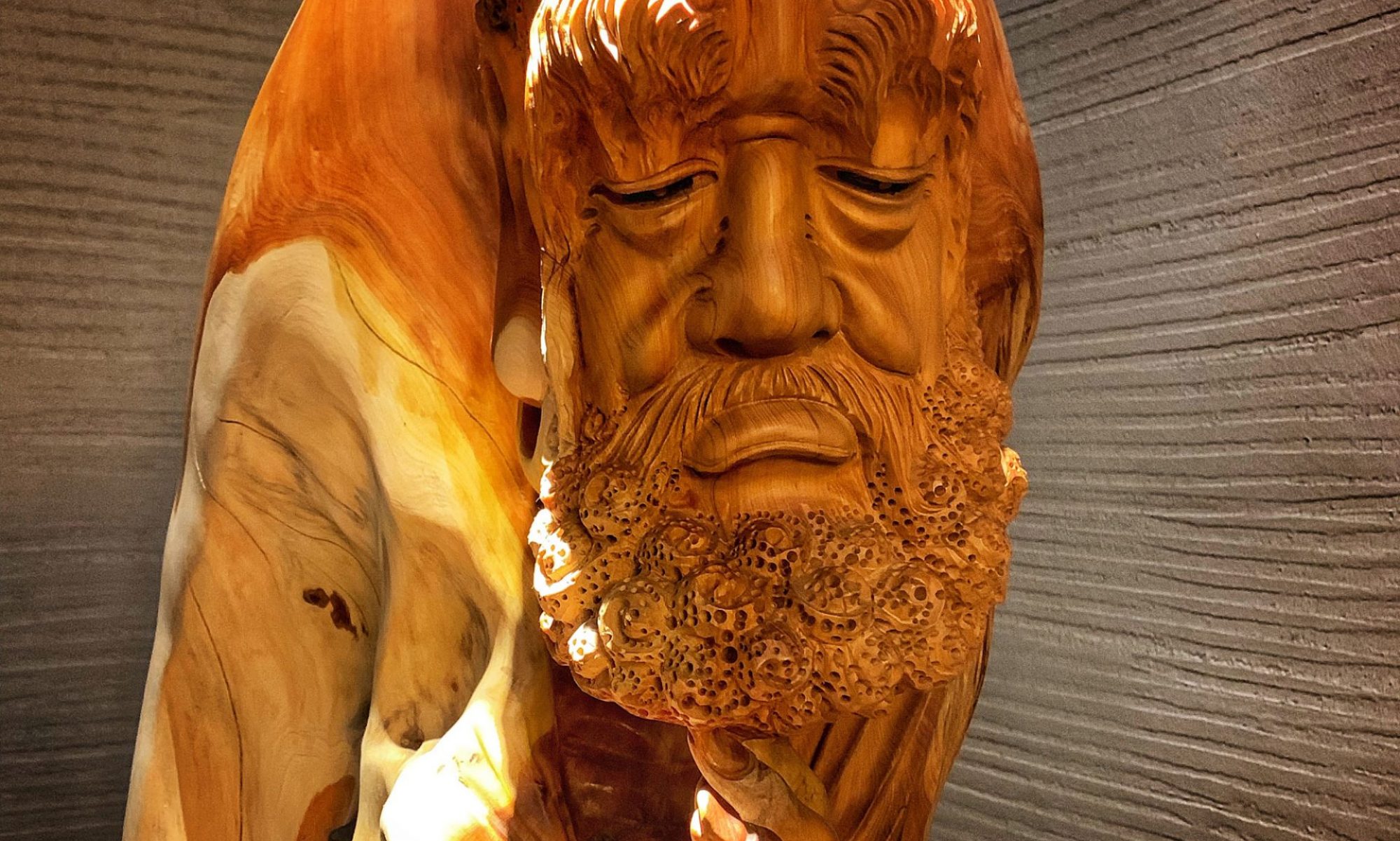Have you heard of the statement Truth sets you free? I will rephrase it to two sentences.
Understanding sets you free.
Freedom arises from understanding this Truth.
Understanding is the hidden bridge between Freedom and Truth. Understanding has the effects of liberation, letting go and wisdom. It is from understanding a situation that makes you let go of the grip – it has the effect of freedom. It is also from understanding that you become wiser. Try observing your anger whenever it arise. You can be sure it is because you don’t truly understand what is happening and thus jump into conclusion of attack or defense. Both have anger in it. If you are observant of someone’s anger, you may realized that he or she has not come to realized the true understanding of a situation. There is a quote from Yeshua: You are never upset for the reason you think it is. If you truly see the reason of your anger, which is at the deep abyss of your mind – something that is very ancient and familiar to you – your anger will dissolve right from your sight. Thus the importance of understanding.
Does knowing has that ability? You know you are angry but do you not understand why you are angry. Well, your normal understanding is that someone is making hurtful remarks about you or someone is against you – but that is not understanding, that is a conclusion your egoic mind makes.
Knowing is a conclusion whereas understanding is a result of recognizing the causal relationship that brings about your experience. We can say that knowing focuses on the experience whereas understanding give attention to the full processes that resulted in the experience. Understanding is on the journey, knowing is on the destination. Scientist give much attention to the process that finally make them come to an understanding of their observation.
In today’s hectic life, where we are fed with the impression of catching up with the Jones, we give ourselves no room for observation. Having said that, it is because of our attention other than the now, which is either in the past or future, that disallow us to observe, and hence the lack of understanding of each other, including with ourselves. We seldom understand ourselves, save in keeping doing and having more and more.
Do you observe that whenever you put knowing at the forefront you tend to react to situations, whereas if understanding is your forefront, foregoing your experiences (it never leaves you anyway), you will respond rather than react. Reaction targets on the effect, whereas respond gives attention to the cause. Seeing the cause you see the effect but not viceversa. Allow me to quote a statement from the Gospel of Thomas:
The followers said to Yeshua, “Tell us how our end will be.” He said, “Have you discovered the beginning, then, so that you are seeking the end? For where the beginning is, the end will be. Fortunate is the one who stands at the beginning: That one will know the end and will not taste death.
Only by understanding the matrix of the mind could I discover the ending of the ego, of existence. That is true freedom.
